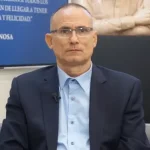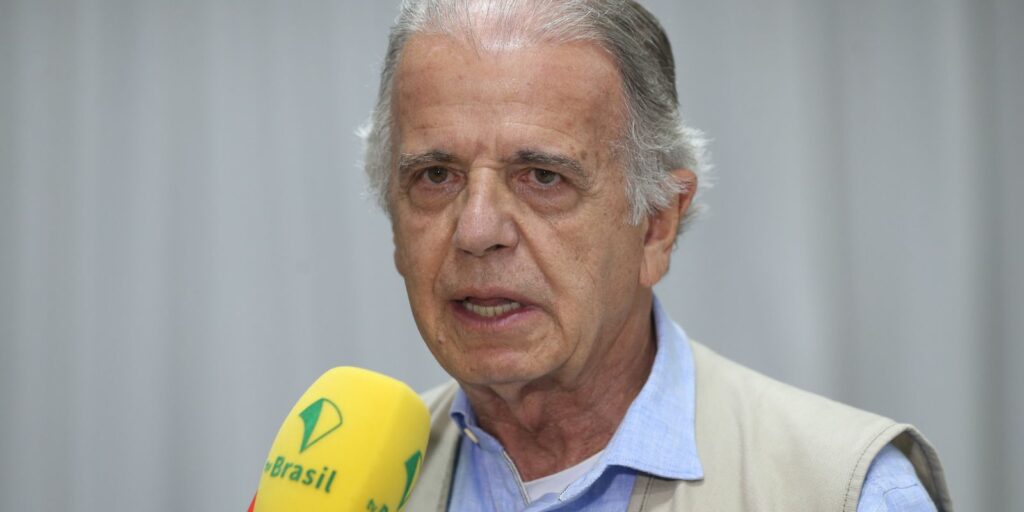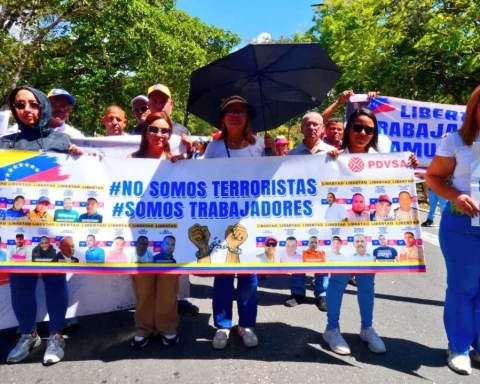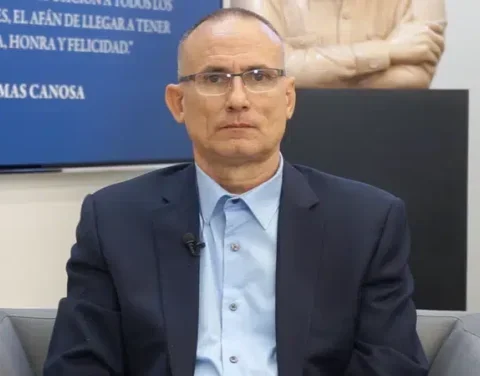The former UDI senator, Pablo Longueira, presented with his defense a request for inapplicability due to unconstitutionality before the Constitutional Court (TC) for the SQM case in which he is accused.
With the request, Longueira seeks not to be present in court during the entire oral trial because this would violate his rights.
The former senator’s lawyers explained that the defendant must attend in person from 9:00 a.m. to 2:00 p.m. Monday through Friday for 18 to 24 months at the 3rd Criminal Oral Trial Court of Santiago. In case he doesn’t show up, he risks an arrest warrant.
In the February 1 trial, Longueira’s lawyer, along with other defense attorneys, requested the court’s presence remotely, which was accepted for people over 60, a group in which the former senator is.
However, now “it is sought that his presence is not imperative, either in person or electronically, during the entire development of the trial, which is estimated to last more than two years. The idea is that he is present only when necessary and it relates to his particular situation,” said Joanna Heskia, Pablo Longueira’s defense attorney to Third.
The request details that the case mixed cases that are not related to his client, to the point that “Mr. Longueira must attend, under threat of preventive detention, the trial of other people and other facts.”
In addition, they maintain that 80% of the evidence that will be presented in the trial is not related to him, so his presence at all hearings is unnecessary.
“The foundations are legal; This rule (which obliges the defendant to appear throughout the trial) directly collides with the right to freedom of movement and the right to work. It was never intended for trials of this duration and also, because in practice, due to the arbitrary grouping that the Public Ministry of the SQM case does with the case of Pablo Longueira, which were processed separately for the 2 years of investigation, in practice Mr. Longueira is being forced to attend the trial of other people who have nothing to do with him their cause,” concluded Heskia.

















